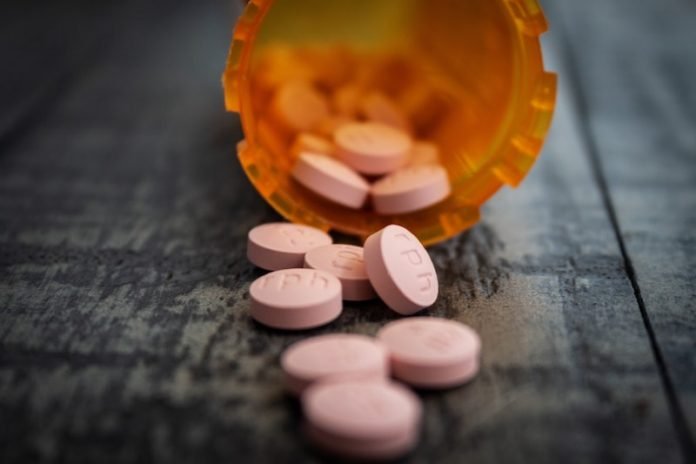
In a new study, researchers found that treating hospitalized COVID-19 patients with anticoagulants—blood thinners that slow down clotting—may improve their chances of survival.
The study could provide new insight on how to treat and manage coronavirus patients once they are admitted to the hospital.
The research was conducted by a team from the Mount Sinai COVID Informatics Center.
In the study, the team found that hospitalized COVID-19 patients treated with anticoagulants had improved outcomes both in and out of the intensive care unit setting.
The research also showed that the difference in bleeding events among patients treated with and without anticoagulants was not significant.
The Mount Sinai researchers say their work outlines an important therapeutic pathway for COVID-19 patients.
This research demonstrates anticoagulants taken orally, subcutaneously, or intravenously may play a major role in caring for COVID-19 patients, and these may prevent possible deadly events associated with coronavirus, including heart attack, stroke, and pulmonary embolism.
Using anticoagulants should be considered when patients get admitted to the ER and have tested positive for COVID-19 to possibly improve outcomes.
However, each case should be evaluated on an individualized basis to account for potential bleeding risk.
The study follows recent research that shows a large number of patients hospitalized with COVID-19 have developed high levels of life-threatening blood clots, leading to potentially deadly thromboembolic events.
A team evaluated records of 2,773 confirmed COVID-19-positive patients admitted to five hospitals in the Mount Sinai Health System in New York City between March 14 and April 11, 2020.
They specifically looked at survival rates for patients placed on blood thinners versus those not placed on blood thinners.
Of the COVID-19 patients analyzed, 786 (28%) received a full-treatment dose of anticoagulants—a higher dose than what is typically given for blood clot prevention, and one that is usually given to those who already have clots or are suspected to have clots.
Treatment with anticoagulants was associated with improved hospital survival among COVID-19 patients both in and out of the intensive care unit setting.
Of the patients who did not survive, those on anticoagulants died after spending an average of 21 days in the hospital, compared to the non- anticoagulant patients who died after an average of 14 days in the hospital.
The effect of anticoagulation had a more pronounced effect on ventilated patients—62.7% of intubated patients who were not treated with anticoagulants died, compared to 29.1% for intubated patients treated with anticoagulants.
Of the intubated patients who did not survive, those with no anticoagulants died after 9 days, while those on anticoagulants died after 21 days.
All patients in the study had blood work done when they arrived at the hospital, which included measuring various inflammatory markers.
The analysis showed patients who received anticoagulants had higher inflammatory markers compared to patients not treated with anticoagulants.
This may suggest patients with more severe illness may benefit from anticoagulants early on.
The researchers are hopeful that this report of the association of anticoagulation therapy with improved survival will be confirmed in future research.
They are excited about these preliminary results that may have a positive impact on COVID-19 patients and potentially give them a greater chance of survival, although more studies are needed.
One author of the study is Valentin Fuster, MD, Ph.D., Director of Mount Sinai Heart.
The study is published in the Journal of the American College of Cardiology.
Copyright © 2020 Knowridge Science Report. All rights reserved.



